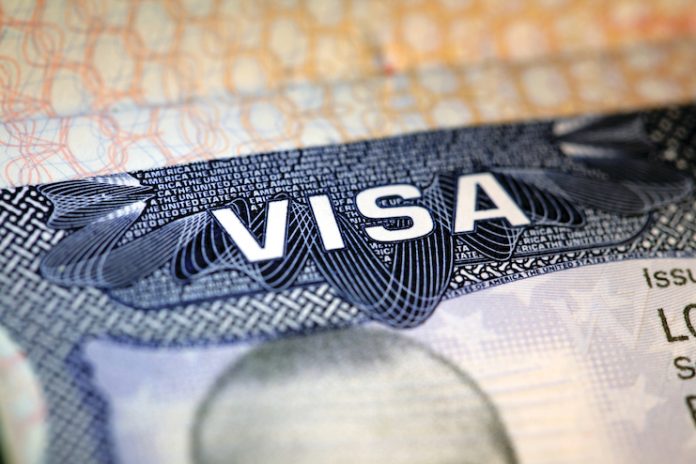The following article on the H-2B visa program by Brian Crawford, executive vice president of government affairs at AHLA, originally appeared in the June 2019 issue of LODGING.
The workforce that powers the U.S. hospitality industry is 8 million strong and growing. These hardworking women and men are the backbone of the industry and keep operations running, provide superior customer service, and strive to deliver memorable experiences for every guest, every time.
One of the most daunting challenges facing the industry today is finding workers to fill critical service positions. America is facing its tightest labor market in decades; last month, the unemployment rate fell to its lowest point since 1969. There are simply not enough domestic job seekers to meet the industry’s workforce needs.
It’s especially challenging for independent hotels and resorts in remote vacation destinations that need temporary, seasonal help. For example, Michigan’s Mackinac Island is home to just 500 residents year-round, but in the summer months approximately 3,000 jobs need to be filled to accommodate the up to 15,000 visitors and vacationers that the island welcomes per day. Likewise, tourism is the number one industry in Maine, and it has a heavy seasonal component. Hotels and resorts in these and other seasonal destinations struggle to hire enough employees to meet their seasonal workforce needs.
The H-2B visa program is an important and necessary tool for these small businesses to bridge the employment gap and ensure the quality service and amenities their guests expect and deserve. The federal government implemented the program to help employers fill essential jobs with legal guest workers when they cannot find American workers.
Before applying for the program, employers must prove that have conducted extensive recruiting efforts and still cannot find local U.S. workers to fill these seasonal jobs. The U.S. Department of Labor then certifies the need for legal guest workers and sets the prevailing wage these workers are to be paid, ensuring H-2B workers don’t undercut American workers or job seekers.
Currently, the H-2B program is capped at 66,000 visas annually, with half coming in the summer months and half during the winter. In Fiscal Years 2017 and 2018, the U.S. Department of Homeland Security (DHS) released an additional 15,000 H-2B visas to address seasonal workforce needs. Even so, in this tight labor market, demand far outweighs the available number of visas.
While H-2B workers account for a tiny fraction of the total workforce—less than one-tenth of 1 percent of U.S. employment—for those hoteliers and other businesses with a strong seasonal component, the program is vital to their operation. Temporary, seasonal workers complement the full-time workforce, with each H-2B visa creating or sustaining an average of 4.64 American jobs.
Fortunately, relief is in sight. Following months of intense lobbying by the AHLA team and many member properties, along with a sustained grassroots and public relations campaign by the H-2B Workforce Coalition, which AHLA co-chairs, DHS recently announced they will release an additional 30,000 H-2B visas for returning workers (meaning they participated in the program in FY’16, ‘17 or ‘18). This represents a 100 percent increase over the previous two years and means that more visas are now available for the AHLA members who operate independent hotels and are seeking additional labor for their peak seasons.
At the same time, we recognize that demand for legal guest workers still far outpaces the number of available visas, and this incredibly tight labor market is expected to continue in the coming years. That’s why AHLA will continue to work with the current Administration, the Departments of Homeland Security and Labor, and Congressional leaders on legislation to permanently increase the number of H-2B visas available, and to improve the program for those seasonal businesses that rely on it. AHLA is committed to ensuring that the industry’s seasonal properties can keep businesses running at their best, and that the communities these hotels support remain vibrant.











